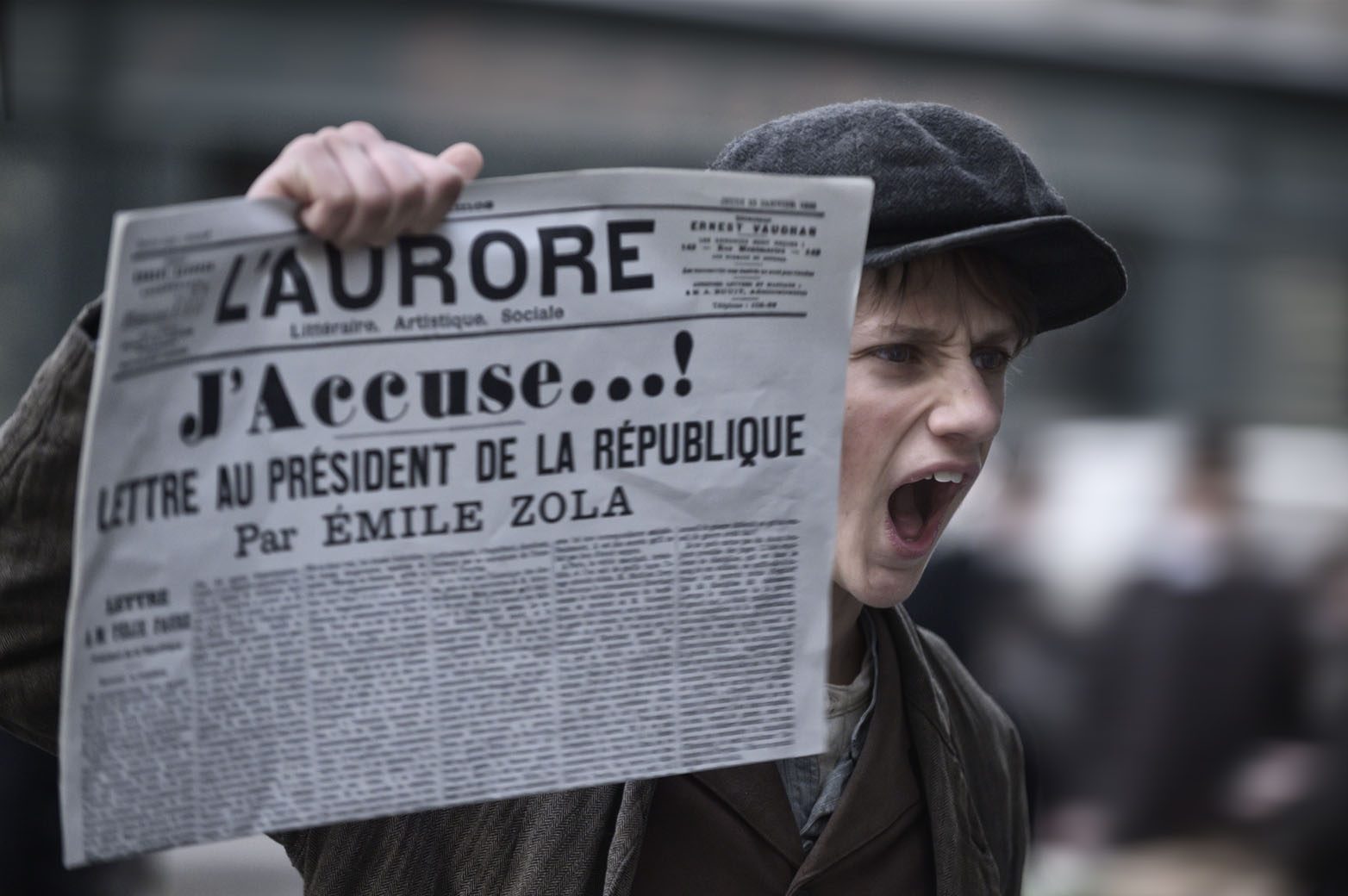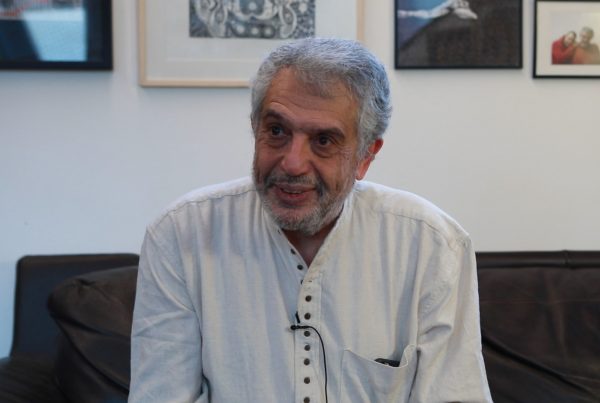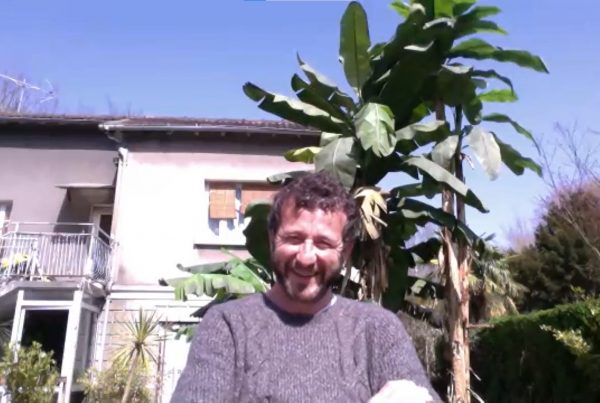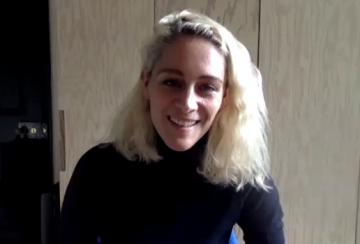An Officer and a Spy – Polanski Defends (himslef)
Awarded with the golden lion in 2019 Venice film festival, Roman Polanski is back with a thorough reconstitution of the Dreyfus affair. His movie premiering just after a new scandal involving the filmmaker surfaced. Decoding.
By Theo Bosschaert
![]() Reading time 5 min.
Reading time 5 min.
Through J’accuse, Roman Polanski tells us with a thesis student meticulousness about the whole state’s clumsy scheming against an innocent. After The Ghost Writter in 2010, Roman Polanski is getting again into a political plot in a movie also co-written by detective story novelist Robert Harris. Dreyfus (Louis Garrel, sober and efficient) was the only Jewish officer in an army, a country, massively anti-Semite. Facing this war machine, Marie-George Picard (Jean Dujardin) goes on a crusade. Through thick and thin, the young lieutenant tries to cleanse the honor of a man he played a part to make him guilty. As often in Polanski oeuvre, you feel powerless, buffet… Now by a scheme, then by a Satanist cult (Rosemary’s Baby, The Ninth Gate), or by a co-ownership full of animosity (The Tenant).
The first investigation, sloppy, spots on the insidious and goofy antisemitism from the late 19th century, like a prophecy of the next one. The second tarnishes the army’s image, marinating in its procedures and its protocols… The first scene, Capitaine Dreyfus’ cashiering is full of vanishing points, far from the rigorous symmetry of a dignified legion. Even Dujardin’s kepi is skew. The film ends up mocking this army in the second act, Alfred Dreyfus trial, where crumbling generals only stand up to put on their flamboyant plumed helmets. In this time, in this army, everything is about looks, facts don’t matter, as long as appearances are saved…

The crowd, alarmingly poweful, opressing,
crushing individual quests for truth.
The other danger is incarnated by the anti-Dreyfus mob on the Rennes courthouse’s stairs… Crowd scenes alarmingly powerful, oppressing, crushing individual quests for truth. A fitting themes for Roman Polanski, eternal pariah, whom oeuvre often evokes a lonely man against a group. But he doesn’t use his film to advocate his cases. Mentioning scrupulously the facts instead of emphasizing the opinion’s hazards. Opposite to what the french title could let you think, J’accuse, from the famous Emile Zola article in the Aurore (it is actually this title that encouraged a woman to accuse the director as said in Le Parisien)
Golden lion in Venice, the movie is, risking to be academic, formidably precise, historically and cinematographically. An important testimony on the duty of remembrance, and against all kind of racisms reminding another great Roman Polanski historical film : The Pianist, Golden Palm in 2002.
Voir aussi




